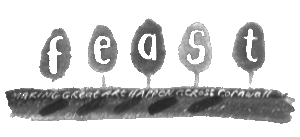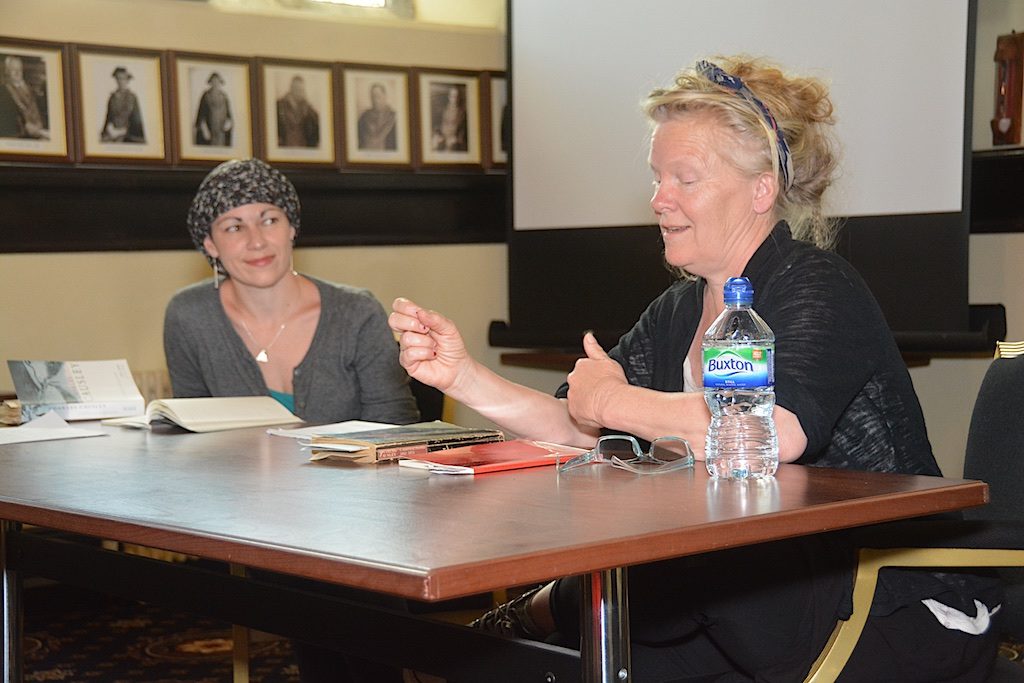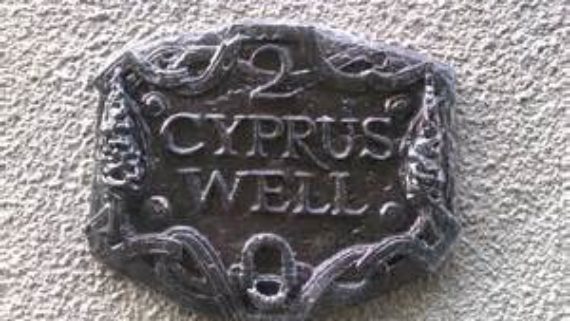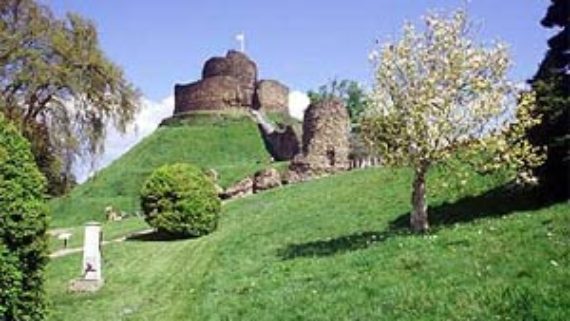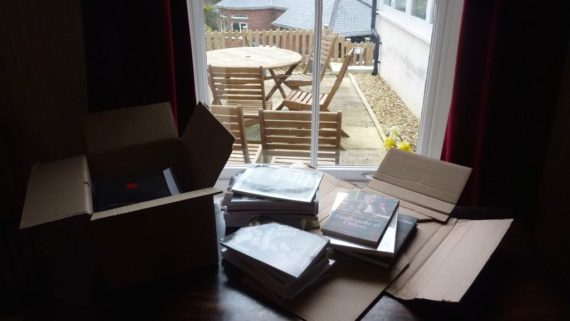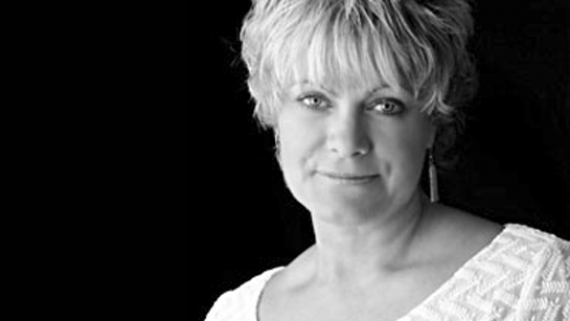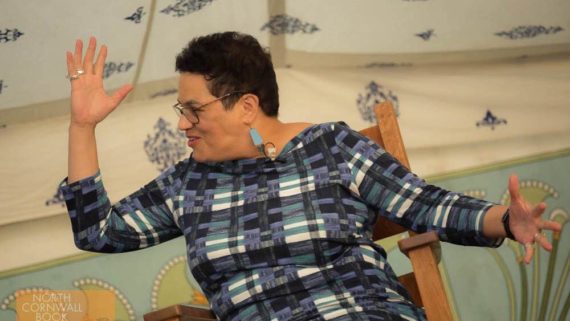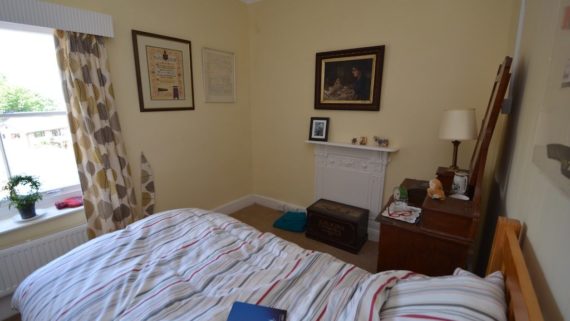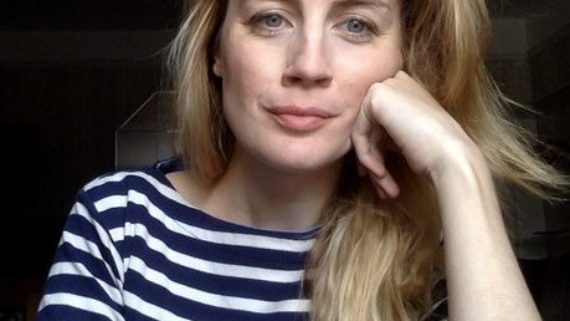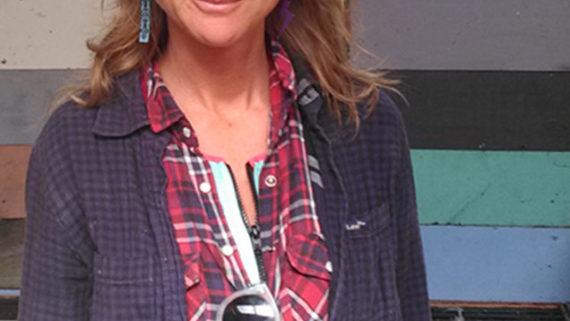My first week here is already over. Seven nights gone during which I’ve established a sort of pygmy evening routine. It is shorter and more to the point than my usual one at home in Bristol, mostly due to the subtraction of family rituals of cooking, clearing, children’s’ music practice and homework and even the ten-o-clock news.
It occurred to me on day 3, when I woke up with a rhyme rattling in my head, that perhaps this is what it feels like to be a proper writer, with nothing to distract you from the actual craft of writing. What a privilege, to be permitted to have things echoing in your brain which aren’t to do with competing home-times, games kits, dinner moneys or whether the cheque you are already late in sending to one of the music teachers will bounce….
The word pilgrimage is not a very easy one to force into a rhyme scheme (image, scrimmage, lineage, Scrummage (if you squint) but, curled with Bowler the tabby cat on Charles’s garden bench I stopped worrying and simply realigned the verses so that pilgrimage came mid sentence and I just needed to find a rhyming solution for the word quest; (test, best, zest, vest, eventual lack of interest), much simpler.
So my evening routine begins with a sun-over-the-yard-arm Gin and Tonic (never allowed at home but indulged in while here as, officially, a grown-up). I proceed quickly to scribbling in the evening sun, a round of phone-calls to the children who are struggling, in various stages of rebellion, towards the end of term. I read the next excerpt of Canterbury Tales (hence the pilgrimage quandary), play Bach Preludes on Charles’ piano and spend a couple of hours mapping ideas on large bits of brown paper which two welcoming jasmine plants came wrapped in.
I have met a lot of people since arriving last week, mostly connected through the Charles Causley festival, and have been made to feel very welcome. I can’t quite hold onto all the names yet but it is a nice feeling to be wanted and accepted into Charles’s house and to Launceston and to the new world stretching out around Ridgegrove Hill. Arriving just as the festival started was rather a surreal experience as I became very aware of how much he belongs to the town and how he is very much Launceston’s own poet as well as a literary figure of national importance. Somebody asked aloud whether he really would have liked all the publicity around his name and the crowd of people squashed into his living room. What I felt however was that the various tributes paid to him through stories and music by his piano, in front of Nelson and by the fence above the little garden, was that he would have been in no doubt as to the genuine affection in which he is held. I felt very fortunate to have that affection extended to myself. I have to say I began writing before the last cup of tea was drunk and before the last biscuit crumb was devoured.
On Sunday I watched Jane Darke’s lovely film about Charles. It was the first time I had encountered him as a person outside the pages of an anthology. I was captivated by the experience of meeting him through moving image, recorded footage, through reminiscence and reading and song. Here at Cyprus Well, I encounter his belongings every day and am just getting used to the pictures of Nelson on the walls and the shock of his spectacles in the display cabinet. Seeing and hearing him on film enabled me to appreciate him as a real person and not just as a hero. All the stories I have heard about him have been affectionate and positive and I have especially enjoyed chatting with his next door neighbour Evelyn at Cyprus house about how it was their ginger cat Rupert who adopted Charles in his later years and how her children looked forward to his weekly babysitting stint for them.
Watching Jane’s film also made me realise that there is much more to Charles than his kindness, his amiability, talent and generosity. With his head tipped back in his chair during an interview, and a half-laugh bouncing from behind the signature spectacles it seemed evident that he was well aware of the absurdity of a question and answer session ever coming close to the truth of his experience as a writer or indeed as a human being. His clipped voice, precise as his meticulous rhythms made it clear that whatever was said, written or recorded either by him or about him was only ever the tip of the iceberg.
Playwrite Kevin Feagan wrote a poetical theatre piece which I performed in for a Theatre Company called Walk the Plank on a large decommissioned ferry at Salford Quays, based on the idea that seven tenths of the world and thus most of what there is to know is always submerged. I wonder now if the purpose of poetry is to push back the tides a little bit to reveal another tenth.
I’m posting a bit of a poem here, unfinished, unedited and unremarkable just to let you know that Cyprus Well is filling up with words.
The ship-aground
This little house, neat as a boat
Has roof sails sloping tight,
The moor reflected, thick-wall white
Its slates accommodate the bite
Of winds blown loose from Bodmin moat.
Her chimney stacks are blunted spars,
As through the trees’ tall waves she ploughs,
The green hill parting at her prow,
The sparrows whisk beneath her bows,
And navigates the woodland stars.
I stand on pavement deck and hear
The sounds of landfall, far away,
Charting the ocean, garden-grey
Calling the watches of the day
Along the coastline of a hundred years.
We are far out at sea and I
Am navigator, bosun, mate,
The crowds of stalks beyond the gate
Wave their green siren arms and wait
Until I hear them singing in the sky.

